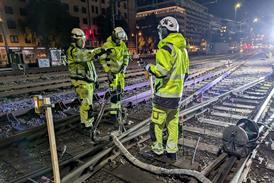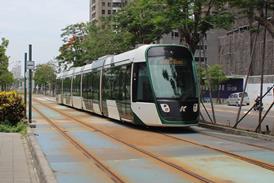This year will see the more widespread adoption of mobile-first infrastructure by transport operators, predicts Robert Sprogis, Director of Mobile at Cubic Transportation Systems, who says effective implementation will require an integrated strategy leveraging the total mobile ecosystem.
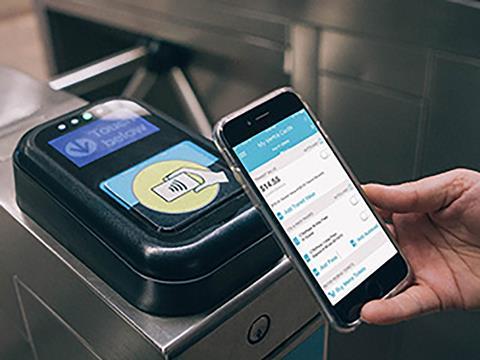
Technology is evolving at such a rapid pace that we don’t know what is going to happen in three months, six months or even a year. But I believe 2018 will be a catalyst year in the transport sector, with more cities adopting mobile technology and setting an example for other markets to follow.
Transport operators which adopt mobile-first infrastructure will be well placed to capitalise on emerging technologies to stay at the forefront of innovation, but a mobile-driven strategy that meets the needs of commuters will require deeper and increased commitment.
Physical ticket gates at stations might need to be repaired as when they malfunction, but apps require continual updates and maintenance to ensure constant performance.
More than entrance and exit
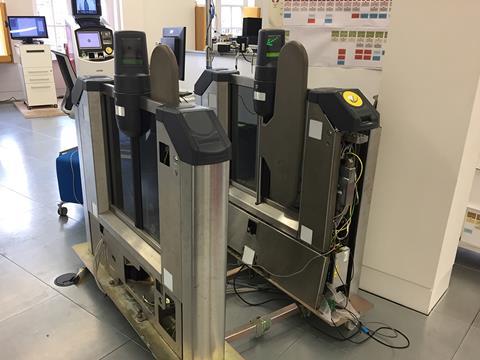
In 2018 we will continue to see the digitisation of passenger credentials for entering and exiting a station, and over time mobile will become much more than merely a mechanism for entry and exit.
As we are already seeing with other consumer-facing applications, we can expect to see transport apps leverage the power of artificial intelligence and machine learning to become smarter and more personalised, understanding a traveller’s usual routes, anticipating issues that may affect a journey, and proactively serving up solutions based on individual preferences and behaviours.
AI-driven chatbots within a mobile app could help guide travellers and answer routine questions and common queries, reducing strain on the operator’s staff and speeding up the resolution of any problems.
Beyond the app
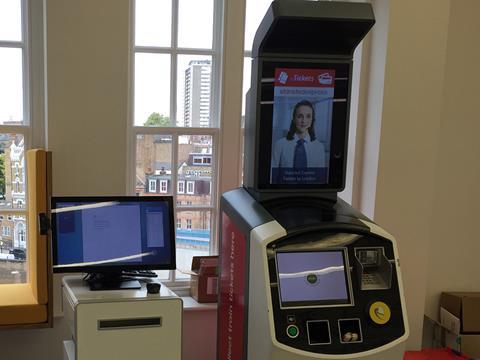
Mobile is about far more than app usage, it is a technology enabler in and of itself. From Bluetooth to NFC to soundwaves, mobile strategies don’t have to centre solely around app downloads and uptake.
A barcode sent via SMS could easily take the place of a paper ticket. This sort of broad thinking will enable transport operators to address the needs of various demographics and cater to individual preferences.
Looking to the year ahead, I believe the operators that implement mobile effectively will be the ones that build an integrated strategy leveraging the total mobile ecosystem.
